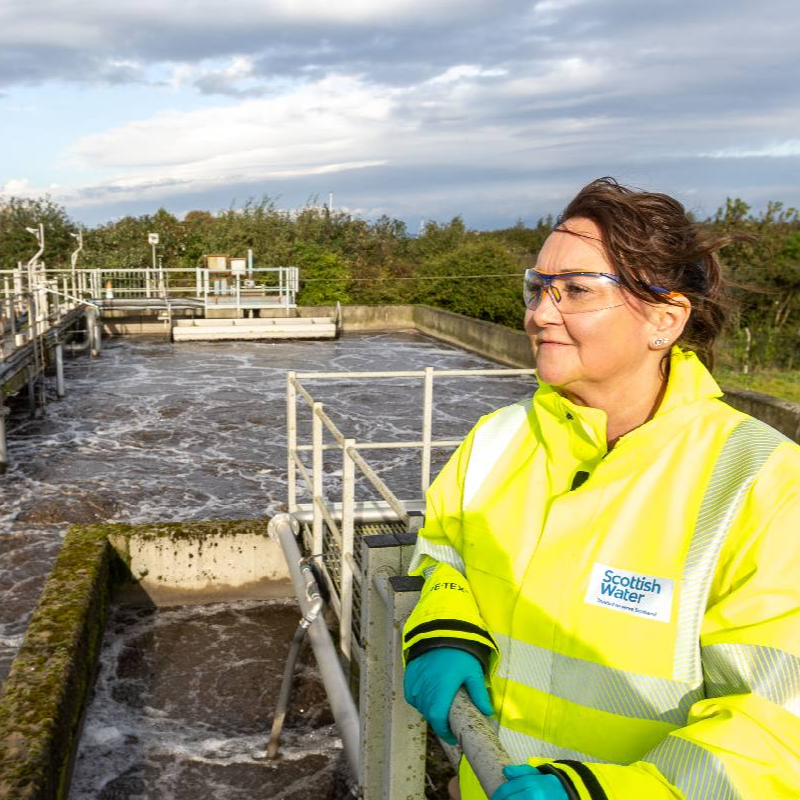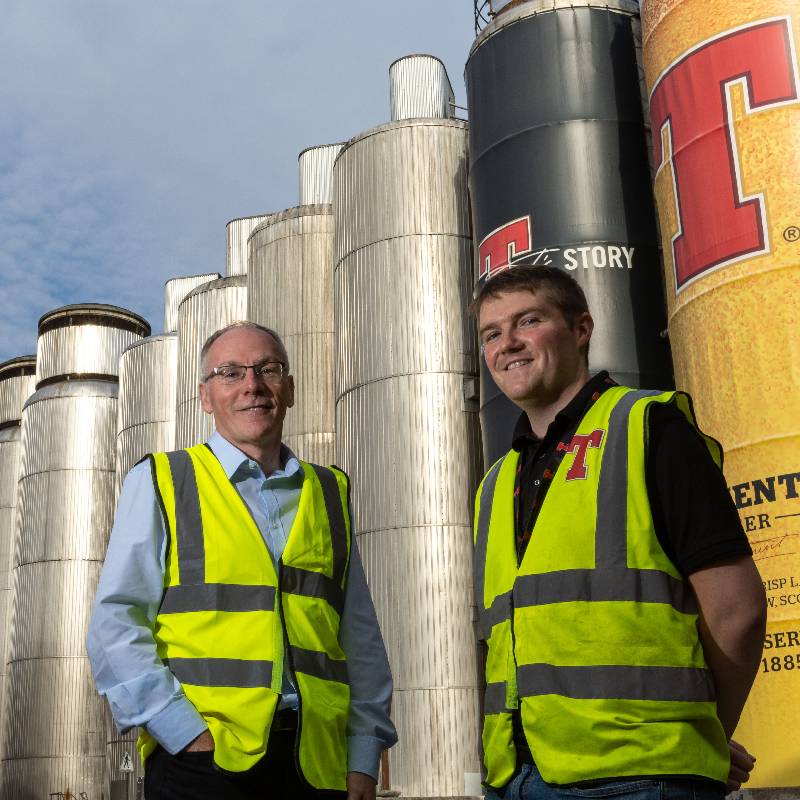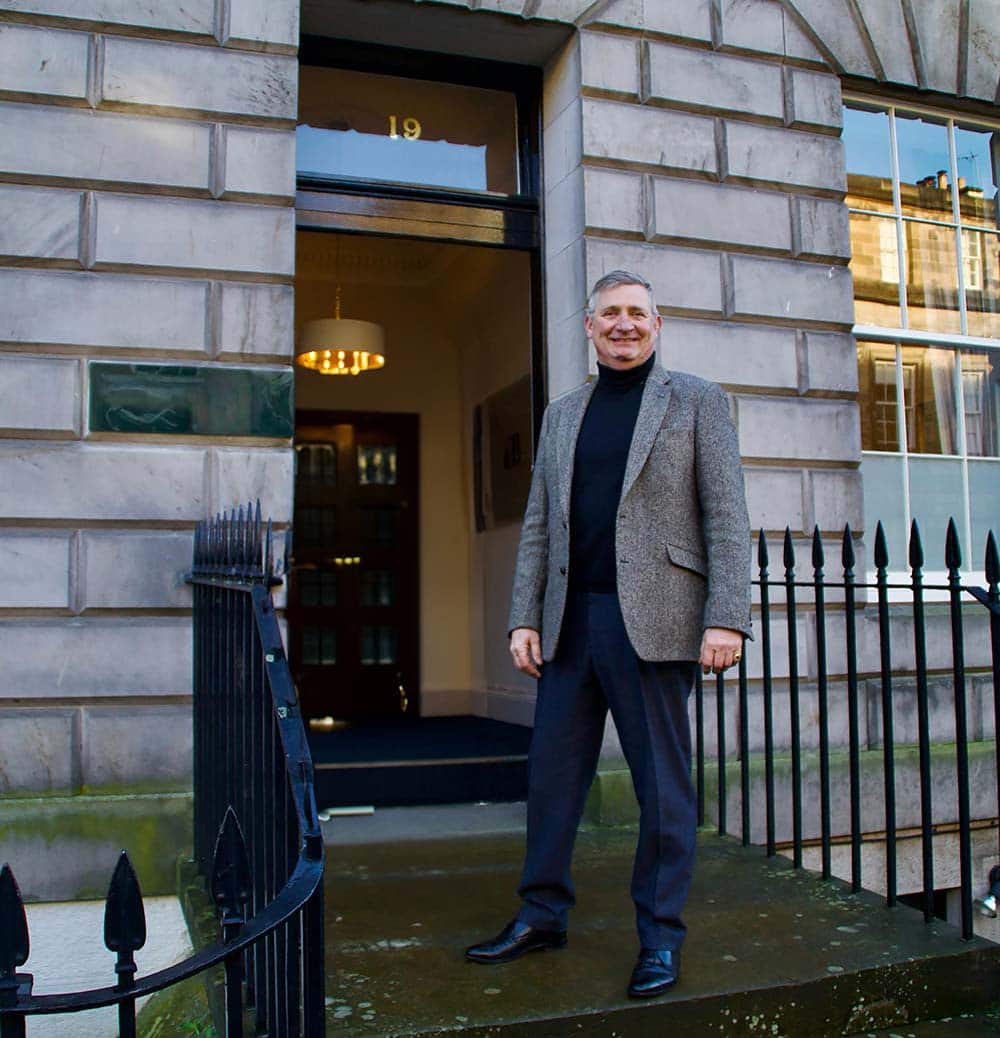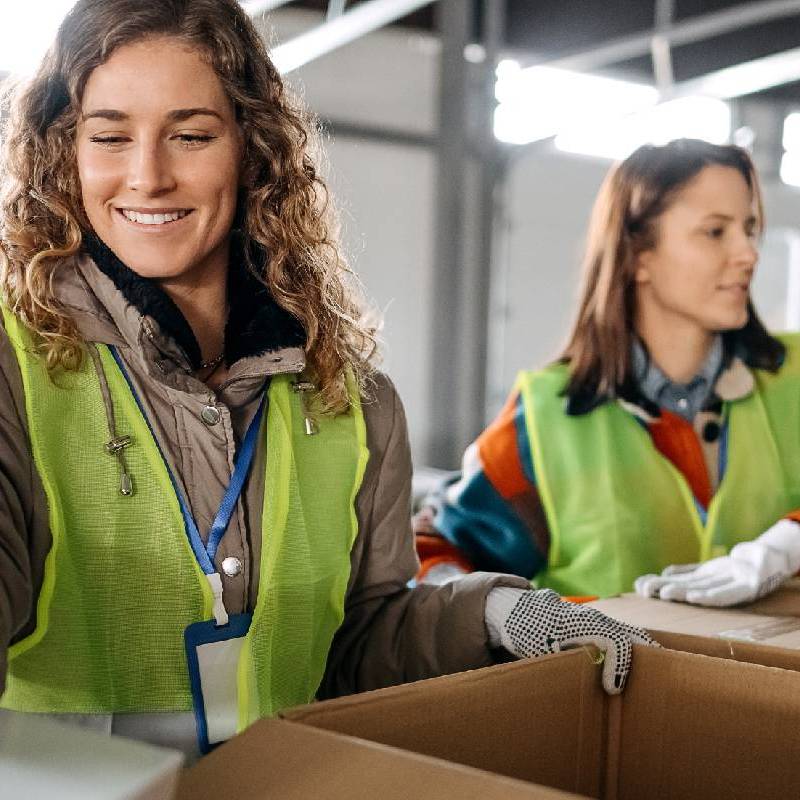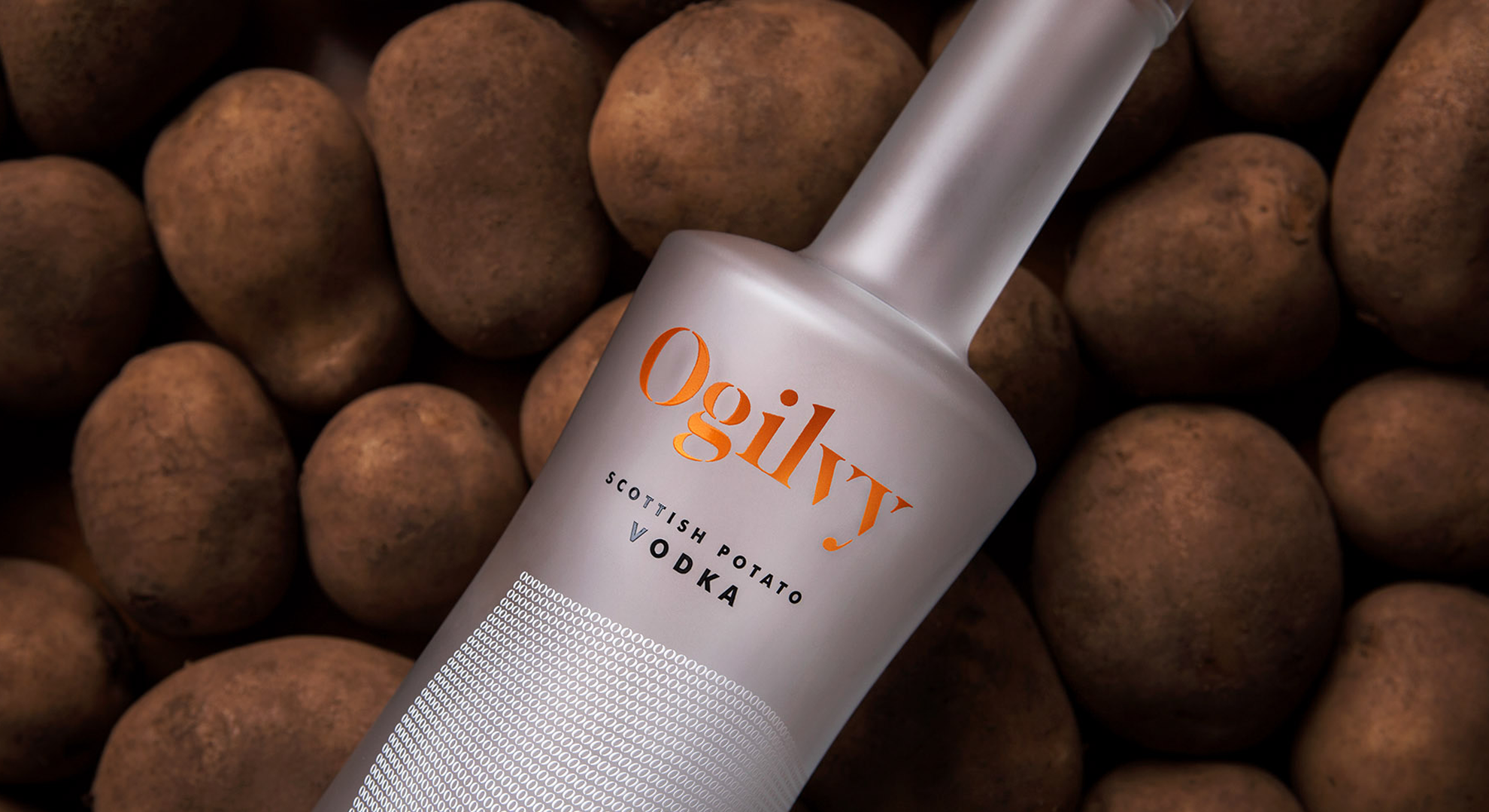
Ogilvy Spirits
This family run farm in Forfar takes low grade potatoes that would normally be used for cattle feed and turns them into a high value exportable product with a long shelf-life.
Graeme and Caroline Jarron run a mixed farm in Forfar, Angus, where they grow potatoes, and cereal crops and rear livestock. The potato crop is sorted each year in different grades, with the highest quality and highest value potatoes sold to supermarkets and the lowest grade potatoes are used as stock potatoes for cattle feed. Potatoes are considered to be low-grade if they are damaged, unsuitably sized for sale or have skin blemishes.
Looking to find a higher-value use for the crop, the Jarrons turned to vodka distilling as a way to turn this low-value, perishable crop into an exportable product. The product was successfully launched in January 2015 after trialling twenty prototypes since the distillery was built the previous year.

Sales are successful both locally and internationally and Ogilvy Spirits have gained recognition through a number of awards.
Embracing a circular economy means carefully considering all waste products generated from an economic system and thinking about how they could be put to better use. The project started by the Jarron family is an example of this way of thinking. Not only is the commercial value of their crop increased by the production of potato vodka but the by-products from the distillation process are also utilised.
Zero Waste Scotland supports the development of circular economy systems, models and products. For information on the support available, contact the Circular Economy team on circulareconomy@zerowastescotland.org.uk.


